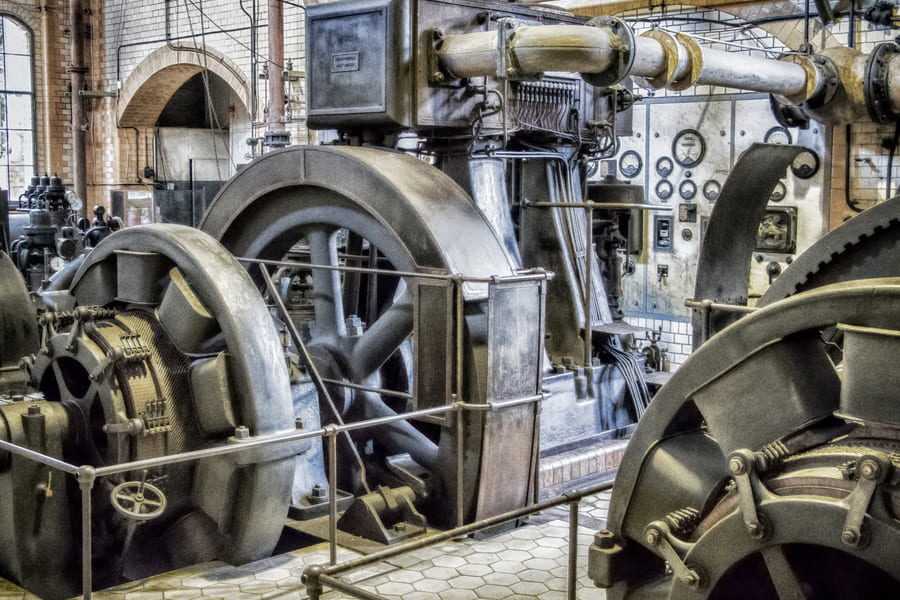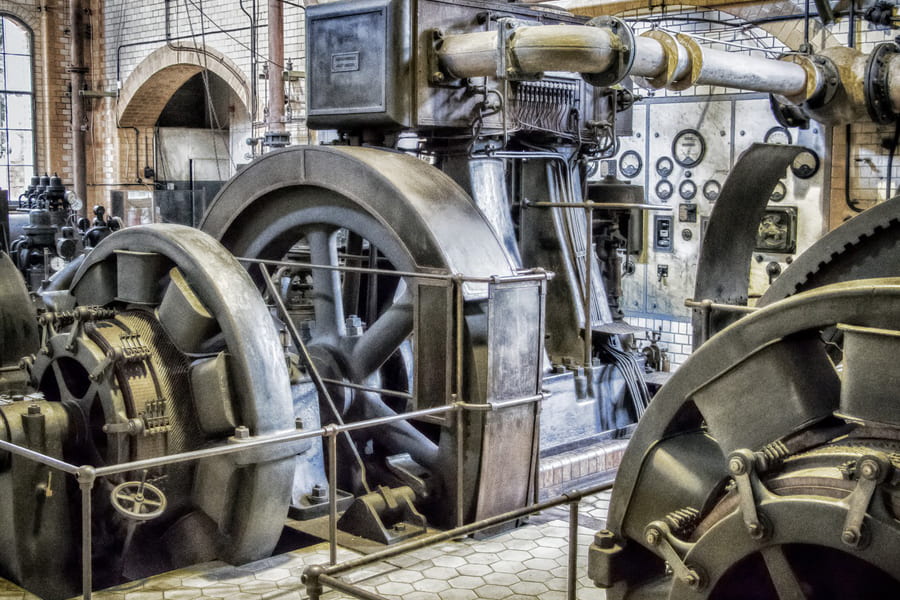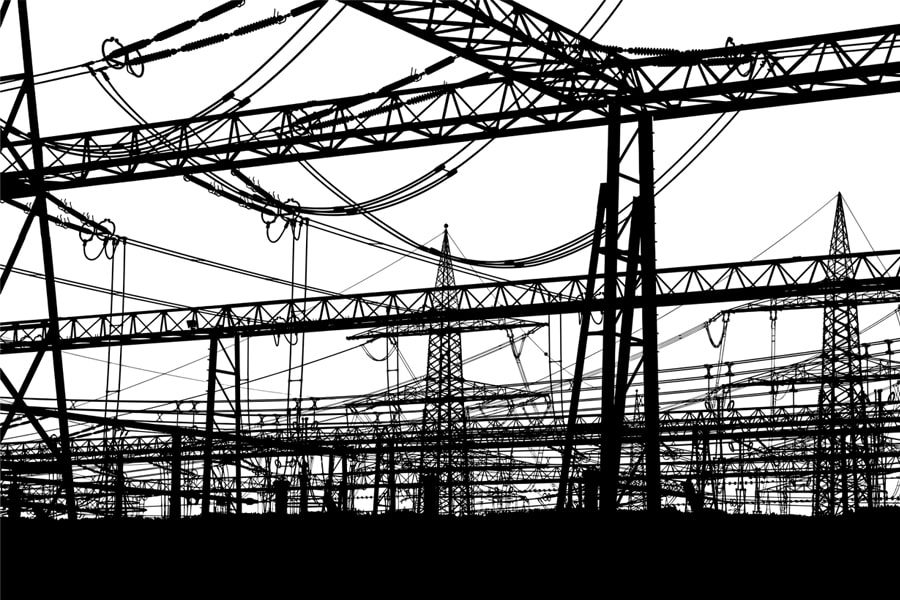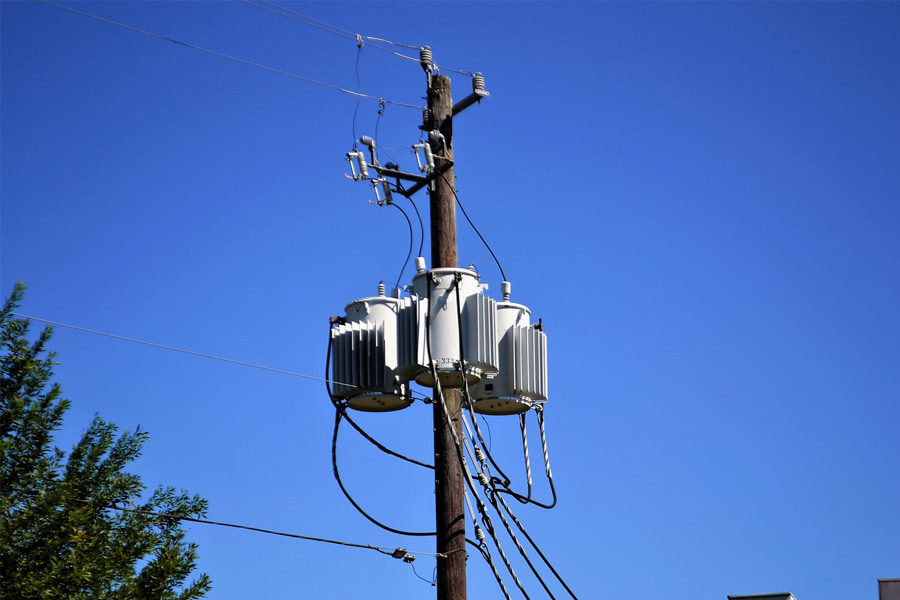
Everybody has a strong desire to be comfortable. As a result, we have arrived at a point where we cannot imagine not having certain comforts. Electricity is one such convenience. Humans are no strangers to the utilization of electricity on a daily basis. If there is a power outage, we lose that luxury as well as our mental bliss. As a result, generators are now necessary. Generators are necessary for a wide range of conditions, not simply during emergencies. Of course, generators are necessary when we do not have access to electricity. In this article, we thought of enlightening you about generators. Our main topic of discussion in this essay is the wattages of generators. After reading this, we are pretty sure that you would surely have a pretty good idea about this.
Generators
Before we go into the wattages of generators, we thought we would give you some background information about generators. This is beneficial in gaining a better understanding of the situation.
A generator is a piece of electric gear that comes with a number of different attachments. You may use them to acquire electricity if there is a power outage or blackout. In reality, a blackout can happen for a multitude of reasons. The generators, on the other hand, require additional accessories to function properly. When buying or deciding to buy a generator, there are several factors to consider. Although many manufacturers claim that their portable generators are plug-and-play, this is not always true. To get the most out of a portable generator, you’ll need the right accessories. It makes no difference whether the generator is for the house or for RV travel. Generators are used by a variety of professions, including electricians and HVAC technicians.
The two most important factors to consider when purchasing a generator are ease of use and safety. Some add-ons are necessary for maximum performance, while others aid in maintenance and setup.
Different Wattages of Generators
Alright. Now, we can directly get to know the different wattages of generators. So, let us get into it.
- 1kW to 10kW generators
- 10kW to 50kW generators
- 50kW to 100kW generators
- 100kW to 200kW generators
- 200kW to 300kW generators
- Greater than 300kW generators
Now, you must be having a pretty good idea about how the classification is. So, it is high time we dived right into the content on the different wattages of generators.
1. 1kW to 10kW generators
Generators ranging from 1 kW to 10 kW are commonly in use in homes and small offices. Up to four lights, a fan, an electrical motor, and a refrigerator may be powered by a 5kW generator. Smaller houses may get by with a simple generator. The ideal generator for a home, however, should have a capacity of at least 10 kW. A 10-kW generator is akin to a backup power grid that may provide basic comfort and security in an emergency. Diesel, natural gas, or propane are commonly used in portable generators. Some localities allow generators to be connected to your house gas line, eliminating the need to fill fuel tanks.
Pulsar 7, 750W Dual Fuel Portable Generator with Switch & Go Technology, PG7750B
The Pulsar PG7750B dual fuel generator is a great option for addressing your power demands when mobility and performance are crucial. At the stroke of a button, this dual fuel generator switches between gasoline and liquid propane. While the generator is running, Transition & Go technology allows you to switch from LPG to gas or from gas to LP. This generator is perfect for use on a job site, in the home, or in the garden. This device boasts a powder-coated steel frame, no-flat tires, a fold-down locking handle, electric start, and cutting-edge technology, making it an excellent addition to any portable power collection.
2. 10kW to 50kW generators
People nowadays use a variety of electrical appliances in their homes, including air conditioners, geysers, water purifiers, and water pumps, among others. The operation of these gadgets demands additional electricity. Washing machines, for example, may utilize 750 watts but require roughly 2500 watts to start. It is preferable to choose a generator with a significantly larger capacity than your normal demand. As a result, many families opt to use 50 kW generators as a reliable backup power supply. Diesel, natural gas, and propane are used to power these generators. Yes, they make noise, but mufflers can be used to reduce the volume.
3. 50kW to 100kW generators
For home units, anything over 50 kW is not necessary. Generators with a capacity of 50 kW to 100 kW are suitable for offices and restaurants. These generators are capable of powering air conditioners, particularly central air conditioning systems. In addition to the AC units, offices have a large number of computers, lights, and fans to power. As a result, 100 kW generators would be ideal for providing backup power to a business. A 100 kW generator is likely to be a huge machine that will generate enough noise to cause people to become distracted. To eliminate noise disturbances, modern generators have strong silencers and mufflers. Diesel engines are typically used in such huge generators.
4. 100kW to 200kW generators
Generators with a capacity of more than 100 kW are necessary in industries and large offices. These generators are big devices that can run for eight to ten hours on a full tank of fuel. Industrial machinery uses a lot of energy. As a result, small and medium-sized businesses demand power generators ranging from 100 to 200 kW. Marine equipment such as fishing boats and trawlers can also be powered by these generators. These devices may run on diesel or gas, depending on the availability of adequate fuel. Gas-powered generators are more ecologically friendly than diesel-powered generators.
5. 200kW to 300kW generators
Massive companies and high-rise buildings require high-capacity generators to power large pieces of machinery, elevators, and a large number of AC units, among other things. Diesel or gas-powered generators with a capacity of 300 kW are available. They can also be classified as bi-fuel generators. Modern gensets are equipped with high-quality silencers to make them as quiet as possible.
6. Greater than 300kW generators
When you need workhorse generators to power large industries and government buildings, you would need generators with more than 300 kW of capacity. Heavy pieces of machinery and heavier equipment may be powered by these gensets. These generators usually run on fuel and make a lot of noise. However, modern high-quality silencers make these units one of the most advanced generators available.
Safety concerns when using generators
It is not enough only to know about the wattages of generators if you plan to use generators. So, it is necessary to know about the safety concerns of generators too.
It is critical to be aware of the dangers that come with using generators. If you use generators, you should be aware of the safety regulations that apply to them. It is critical that you take all necessary precautions. Check to see if your generator is still in good working order. You might find up in a perilous scenario if you utilize a generator incorrectly.
Engine exhaust can cause carbon monoxide poisoning. Even if you cannot smell carbon monoxide, exposure to carbon monoxide is possible. When using a generator, if you become unwell, dizzy, or weak, obtain some fresh air as quickly as possible. If you’re having severe symptoms, you should get medical attention immediately once. It is necessary to insert batteries in carbon monoxide detectors. Take the necessary precautions after reading the manufacturer’s instructions. There is a risk of electric shock, electrocution, and fire. As a result, you must exercise caution when utilizing generators. Understanding why we need generators is just as important as knowing how to operate them.
It is outside, away from buildings that you must place generators. Generators can create large amounts of carbon monoxide, which can be fatal. Keep generators at least 15 feet away from open windows and away from the home as a result. However, you may learn more about this by reading more about it.
Conclusion
In this article, we focused on the wattages of generators. We are quite positive that you could grab a good understanding through this article. If you’d like to know more about generators, you can try history of generators, early versions of generators, types of generators, why do we need generators?, general uses of generators, how a generator works, fuel types of generators, warranty of a generator, market availability of commercial generators, generator accessories, portable generators, maintenance of diesel generators, market stats of generator industry, impact of Covid-19 on generator industry




